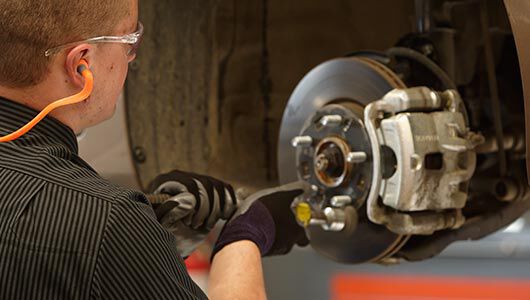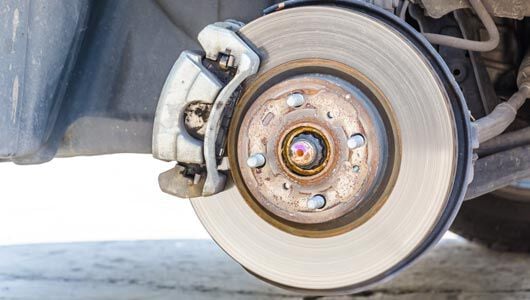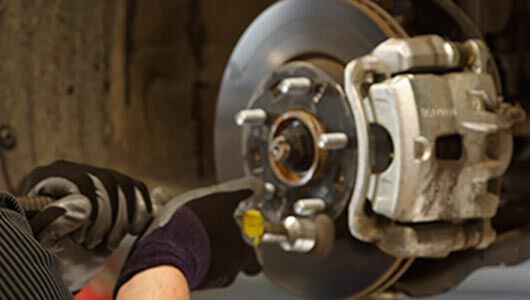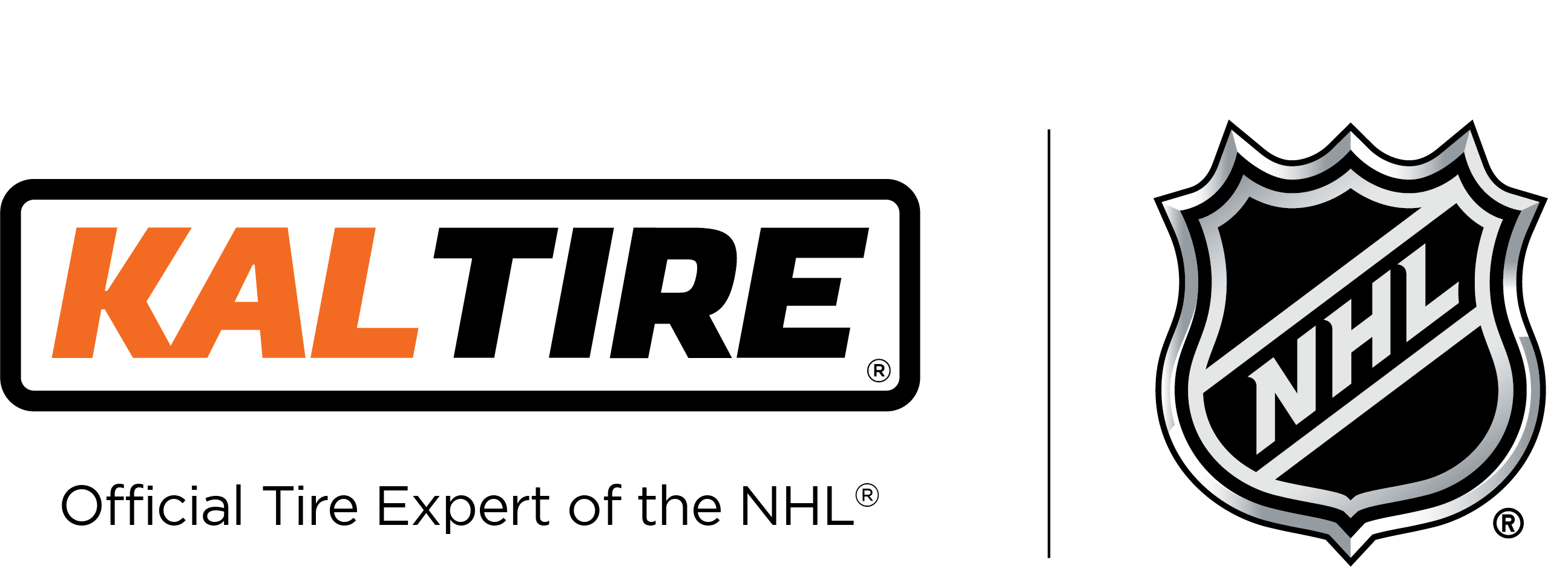How often to change brake fluid
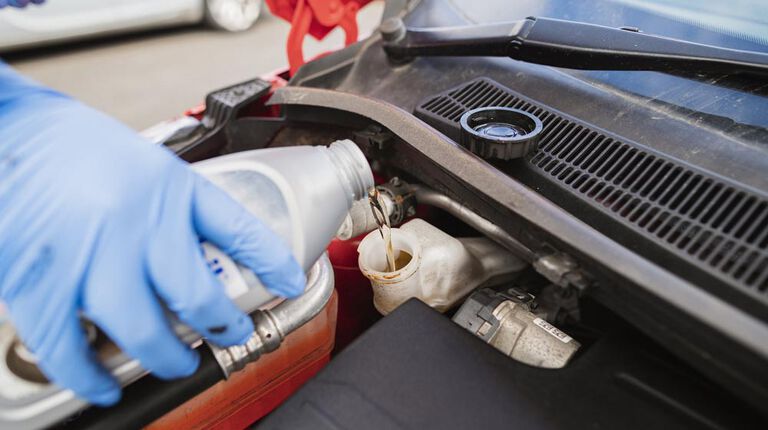
Brake fluid is the lifeblood of your braking system, and it has one of the most important jobs of all. And yet for many drivers, even the ones who diligently check their engine oil, brake fluid is a forgotten fluid.
Here are some guidelines and reasons for monitoring this all-important fluid.
What does brake fluid do?
Brake fluid transmits the pressure from your foot on the brake pedal to the master cylinder and on to the calipers that clamp the brake pads and stop your wheels (if you have disc brakes). In short, without brake fluid, there is no braking.
When should you change your brake fluid?
While most vehicle fluids have clear rules about when they need to be checked, changed or flushed, brake fluid replacement standards vary among manufacturers. However, since brake fluids share common properties, there are general standards across the automotive industry, including:
Replace brake fluid:
- Any time the tests show the fluid is a fail or near-fail
- At a service interval of two years or 40,000 kilometres
- Any time major brake replacement is being performed to ensure the new brake system works as designed
As a preventative measure to help prevent brake failure, we recommend changing your brake fluid every 40,000 km or every two years. We can perform free, no-obligation brake inspections to determine if your brake fluid can still withstand the heat generated in braking.
We promote replacing brake fluid during a major brake replacement. When your vehicle was new, all the brake components were new. When we are replacing a major component such as your brakes, it’s important to get all related components back to like-new vehicle performance.
What happens when you forget about your brake fluid?
Brake fluid is unique in several ways:
1. Brake fluid runs in a closed system, which is why it’s sometimes forgotten about and yet all the more important to keep fresh.
2. Brake fluid is hydroscopic, meaning it absorbs moisture and expands. Because of its nature, brake fluid will pull water through hoses and rubber connections. If the master cylinder reservoir is off, the fluid can pull water right out of the air.
Unfortunately, even four or five drops of water are enough to be detrimental to your braking system and your safety. Why? Water in the brake fluid decreases its boiling point, allowing the fluid to boil and the brake pedal to fall to the floor.
What would you notice if your brake fluid was dangerously low or contaminated with water?
- Low pedal
- Spongy or dropping pedal, especially if you’re stepping on it several times as you drive down a hill
- High, firm pedal if you’ve waited until it’s really bad and some components have rusted and don’t move
Unlike with other fluids, you may not be able to tell when your brake fluid has deteriorated simply by looking at it. Like all other fluids, it’s best to replace brake fluid before you notice any difference in your braking system.


